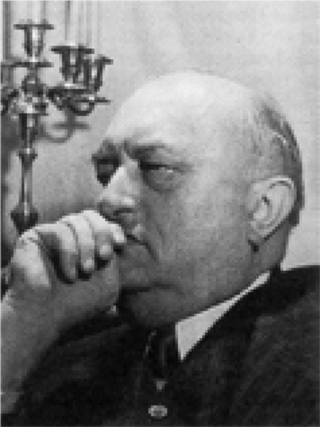Felix Kern

Personalia
Born:
Died:
Profession:
Persecution:
Imprisonment 13.03.1938 - 16.07.1938, Dachau concentration camp 16.07.1938 - spring 1939, imprisonment 22.07.1944 - 17.10.1944, Schörgenhub labor and education camp 17.10.1944 - 24.12.1944
KZ Number:
Memberships
Curriculum Vitae
Felix Kern attended the k. k. Staatsgymnasium in Ried im Innkreis in 1902 on the recommendation of his religion professor Peter Kitlitzko. Ried is one of the liberal strongholds of Upper Austria, and there are a number of German-liberal corporations in the town. However, Felix Kern joins the Catholic secondary school fraternity Rugia, which was founded in 1908. This was at a time when the associations still had to exist in secret, and discovery of his membership would at least have resulted in the consilium abeundi. Together with his religion teacher, he founds the "Marian Congregation" at the state grammar school. Felix Kern graduated on July 13, 1911 and decided to study Catholic theology. In 1911, he entered the Episcopal Seminary in Linz, which he left in 1912.
In 1912, he enrolled at the Faculty of Law and Political Science in Vienna and joined the Austria Wien student fraternity in 1913. When the First World War broke out, he enlisted as a one-year volunteer and was assigned to the k. k. Landes-Schützen-Infanterieregiment 37 [LIR 37] in Gravosa [Gruz] in Dalmatia. After several serious wounds in various theaters of war, most recently in the 12th Battle of the Isonzo on 24 October 1917, he returned from the war in 1918 as a lieutenant with nine high war decorations.
He then continued his law studies, initially in Innsbruck, but then decided to pursue a political career without graduating. He first became a representative of the front-line soldiers in the provisional provincial assembly, then in the Christian Social Party in Upper Austria. Other important tasks followed: in 1919 he became a member of the Catholic Press Association of the Diocese of Linz and joined the Upper Austrian Farmers' Union, where he became senior secretary in 1922 and director from 1923, provincial councillor from 1925 to 1938, member of the Upper Austrian provincial parliament from 1925 to 1934 and member of the National Council from 1927 to 1931; he represented the CSP in all these offices.
Felix Kern was arrested after the Anschluss on March 13, 1938 and taken to the police prison in Mozartstraße in Linz. On March 18, 1938, he is stripped of all his offices and transferred to Dachau concentration camp on July 16. Due to illness, he was transferred to a hospital in Munich in spring 1939, transferred from there to Linz on 17.4.1939 and released on 21.4.1939. From August 1, 1939, he found employment in the Diocesan Finance Chamber of the Linz Episcopal Ordinariate and was appointed consultant and legal advisor on October 15, 1940. He held this position until June 9, 1945.
After the assassination attempt on Adolf Hitler on July 20, 1944, he was arrested by the Gestapo on July 22, 1944 and transferred to the Schörgenhub labour education camp [AEL] on October 17, 1944, where he was released on Christmas Eve 1944.
Citations
Krause, Peter/Reinelt, Herbert/Schmitt, Helmut (2020): Farbe tragen, Farbe bekennen. Katholische Korporierte in Widerstand und Verfolgung. Teil 2. Kuhl, Manfred (ÖVfStG, Wien) S. 158/159.; Photo: ÖVfStg
